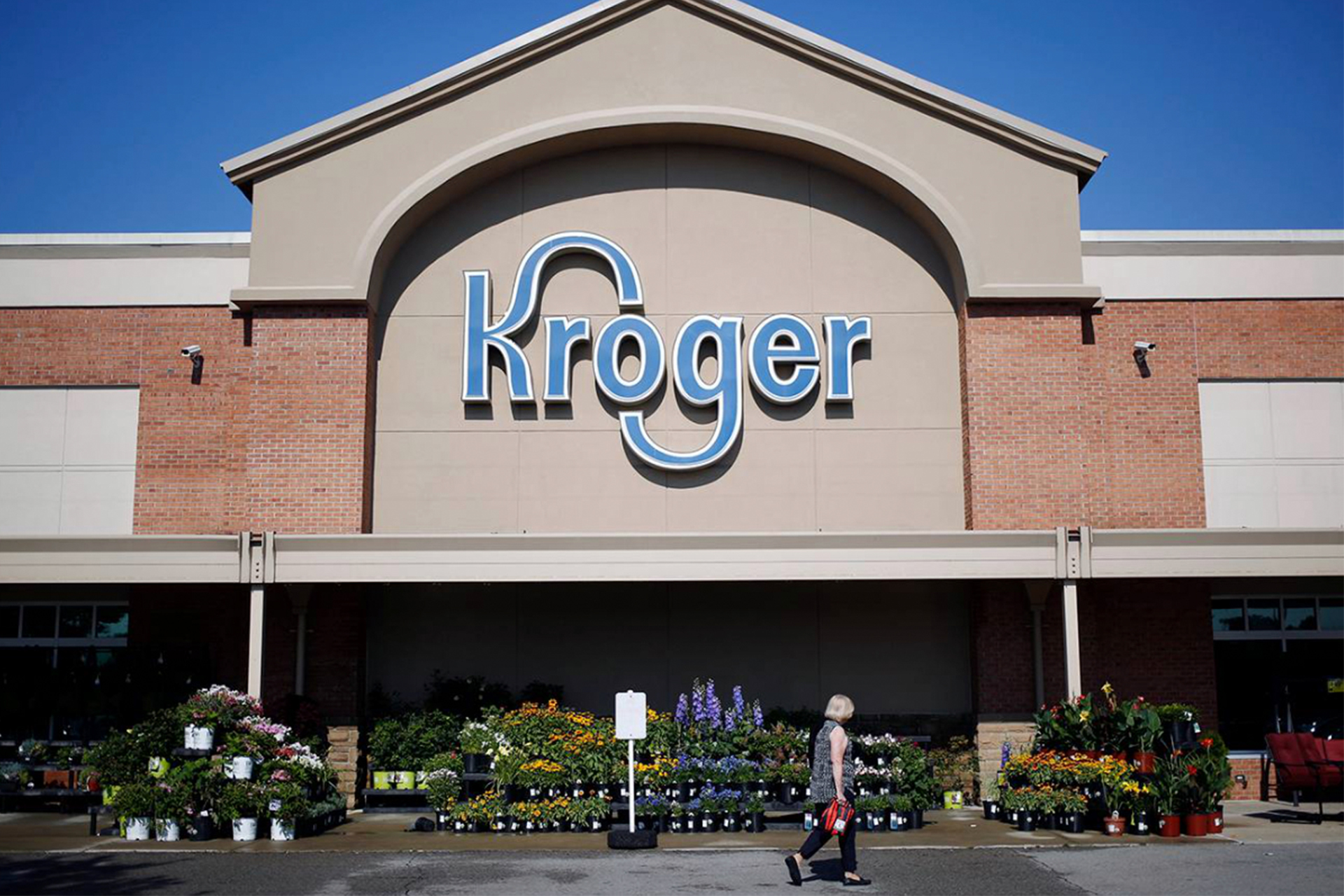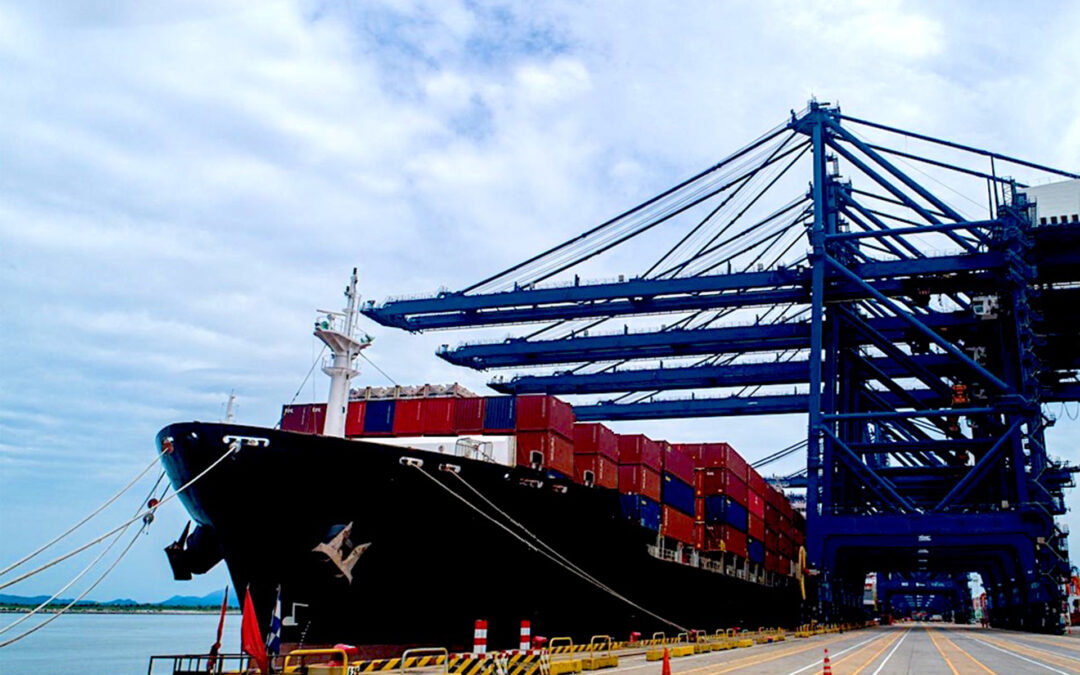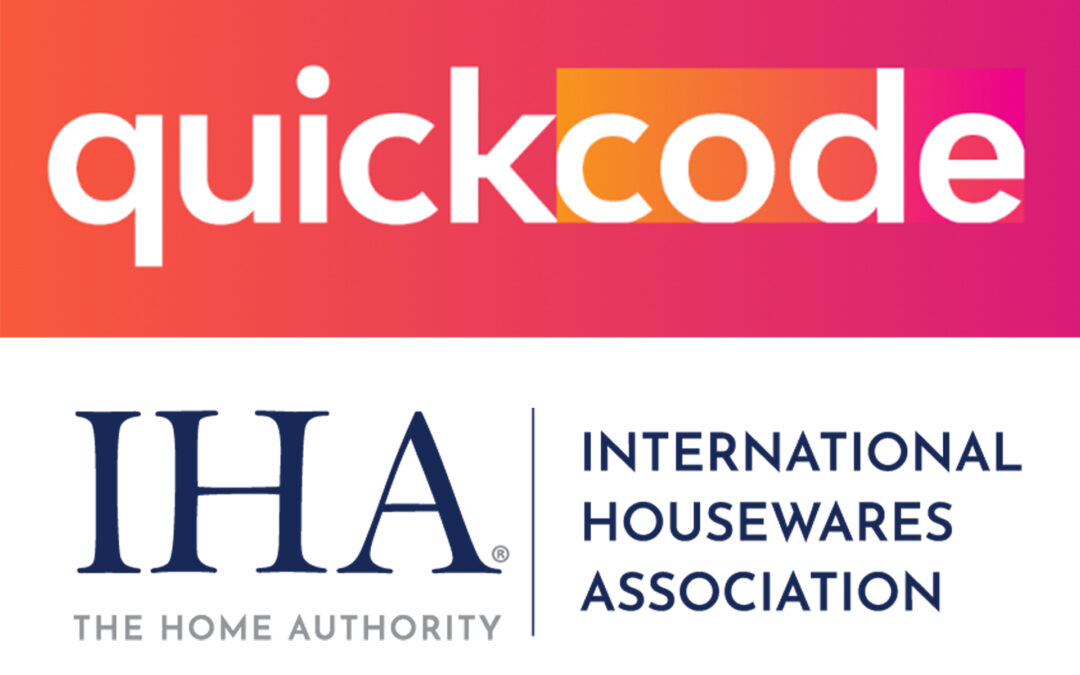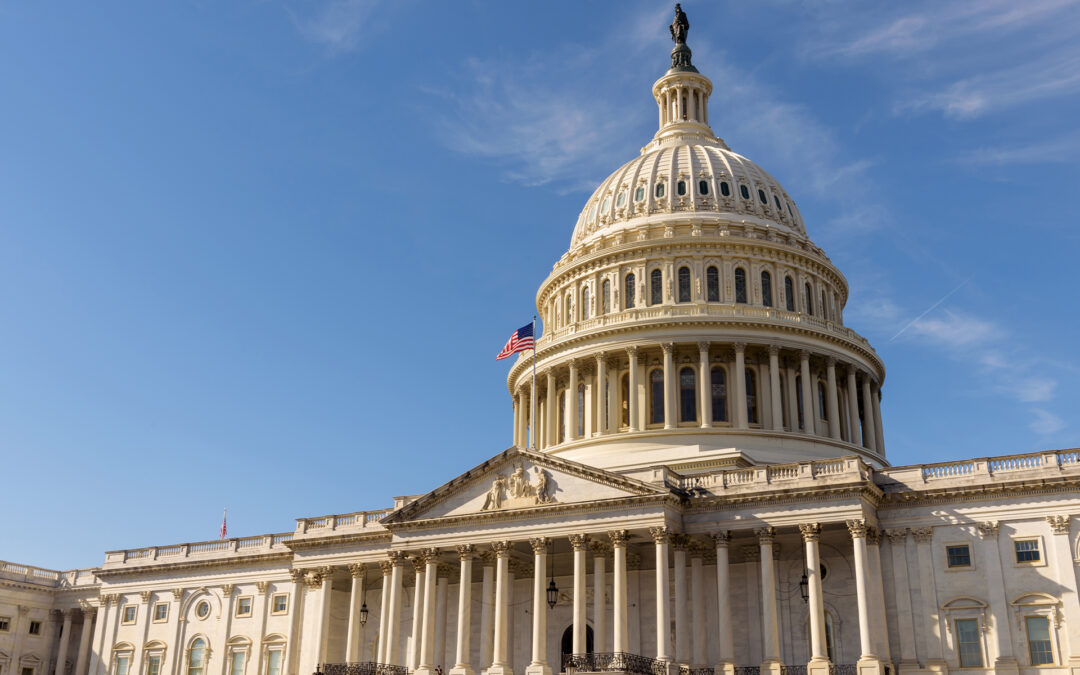The United States Federal Trade Commission announced it is suing to block the Kroger Co.’s $24.6 billion acquisition of the Albertsons Cos. claiming the deal is anticompetitive. Kroger immediately answered with a statement saying blocking the merger would actually harm the American consumers and workers the FTC purports it is serving with the action.
The FTC charged the proposed deal would eliminate competition between Kroger and Albertsons, leading to higher prices for groceries and other essential household items for millions of U.S. consumers. The forecast loss of competition would also lead to lower quality products and services, the FTC indicated, while also narrowing consumer choice for grocery shopping. The FTC also stated the merger would affect the ability of employees to secure higher wages, better benefits and improved working conditions.
The FTC further commented a proposed divestiture stores by Kroger and Albertsons, initially including 413, to C&S Wholesale Grocers was inadequate. It added the divestiture proposal covers a hodgepodge of unconnected stores, banners brands and other assets Kroger’s antitrust lawyers have cobbled together, thereby falling far short of mitigating the lost competition between the two supermarket chains.
The FTC issued an administrative complaint and authorized a lawsuit in U.S. federal court to block the proposed merger pending the commission’s administrative proceedings. Nine attorneys general have joined the FTC’s federal court complaint.
“This supermarket mega merger comes as American consumers have seen the cost of groceries rise steadily over the past few years,” said Henry Liu, director of the FTC’s Bureau of Competition. “Kroger’s acquisition of Albertsons would lead to additional grocery price hikes for everyday goods, further exacerbating the financial strain consumers across the country face today. Essential grocery store workers would also suffer under this deal, facing the threat of their wages dwindling, benefits diminishing and their working conditions deteriorating.”
In its statement about the FTC action, Kroger insisted its business model is to take costs out of operations and invest in lowering prices for customers. Kroger said it has reduced prices every year since 2003, resulting in $5 billion invested to lower prices and a 5% reduction in gross margin over this period. The Kroger business model post-merger would result in even lower prices and more choices for American consumers, the company added.
In addition, Kroger asserted it has committed to investing $1 billion to raise wages and benefits at the combined company, building on the incremental $1.9 billion Kroger invested to improve wages and comprehensive benefits since 2018.
The anticipated divestiture plan involving C&S would fulfill the pledge Kroger made in its original 2022 merger agreement. Kroger pointed out C&S is a leader in wholesale grocery supply and supply chain solutions, with a strong track record as a successful grocery retailer. Kroger went on to say it and Albertsons took considerable steps to position C&S to continue to successfully operate divested stores as part of its comprehensive plan. As such, C&S would acquire strong teams, a cohesive network of stores supported by two regional headquarters, beloved banners and private label brands, and a robust operational infrastructure, Kroger said.





